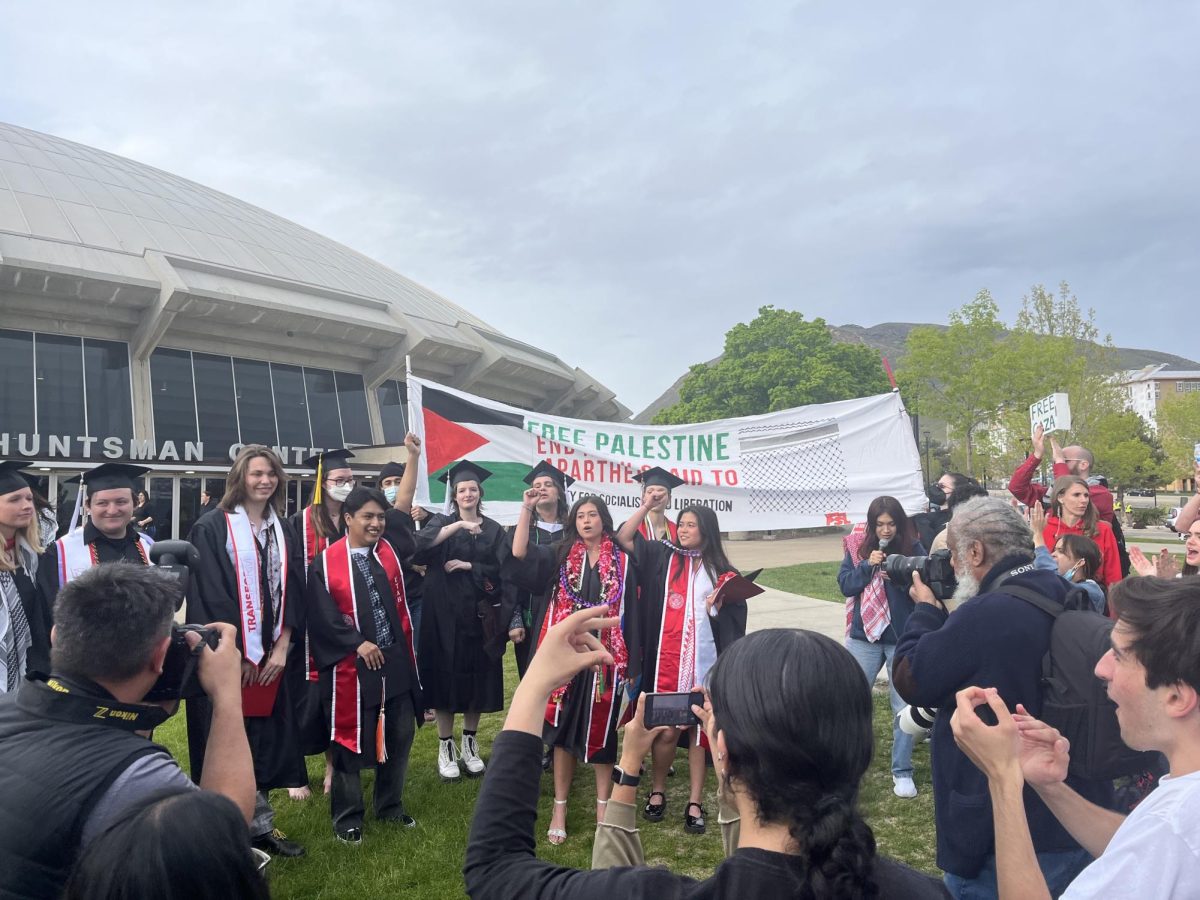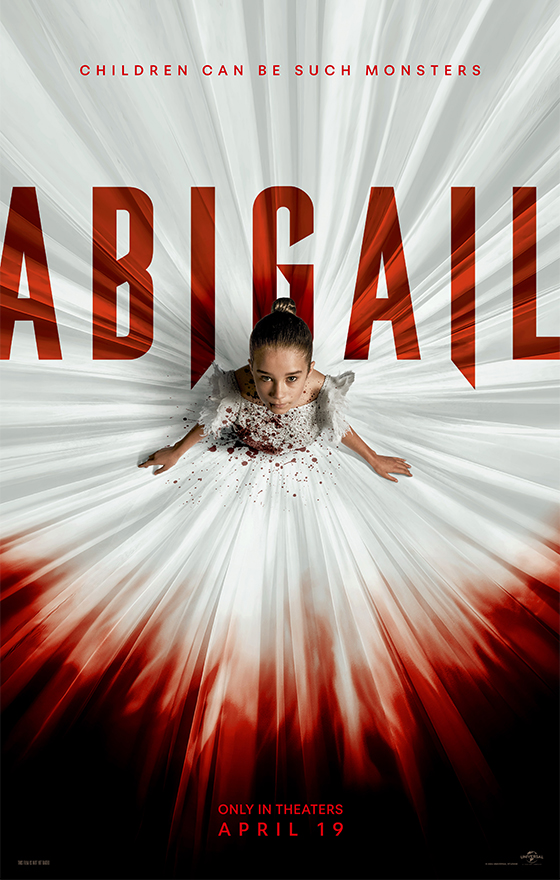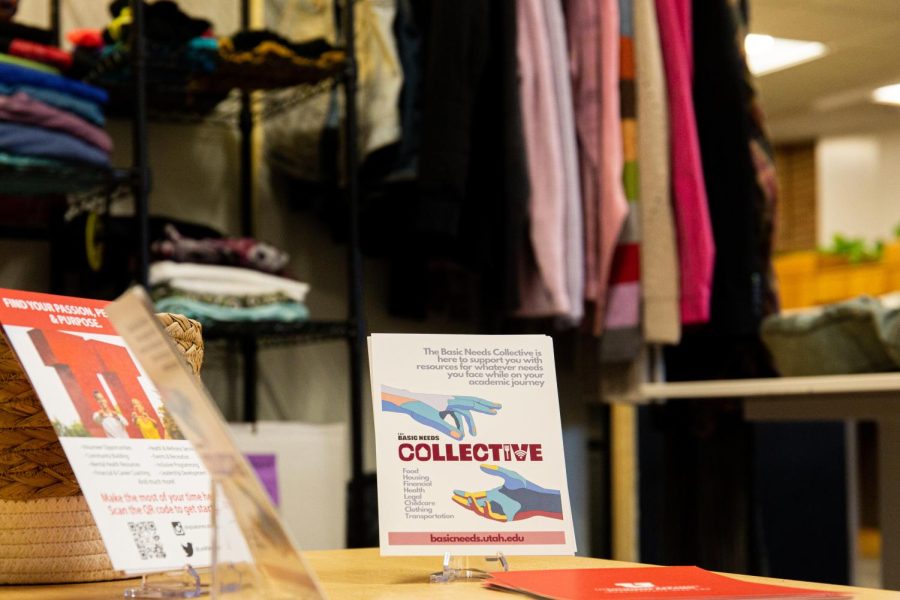Imagine you are traveling in a foreign country, and you just don?t communicate the same way everyone else does. It?s no big deal to you, but when other people are exposed to your language, they call you a name.
It?s not gringo, or yankee. You get called disabled?that poor American who was born without the right language programmed into his or her DNA. To you, this is absurd. But to others, it seems to make perfect sense.
This scenario is similar to the way deaf students experience the University of Utah, except no distant travel is required.
Christian Deater, a deaf freshman majoring in pre-med, has a message for those who mislabel his language.
?Deaf people can do anything; I want to become a surgeon. Deaf people are not disabled, they just can?t hear,? he said.
This message is hard to tell potential employers. In high school, Deater turned in more than 50 applications before finding a job at a golf course. And getting that job was tricky.
?I got interviewed, and they decided not to hire me. But my friend [who already worked there] explained that I could do the job. So they interviewed me again,? he explained.
This time, the interviewer admitted to safety concerns. He said deafness could cause Deater to get hit by a golf ball. After a short discussion alleviating the concern, Deater was hired.
Now, after moving in with roommates near the U, another job search looms.
?The [prospective employers] almost never hire deaf people,? he said. Currently, Deater is unemployed.
?I believe the Career Center at colleges or universities need to be trained?about deaf and hard-of-hearing issues and how to assist [deaf students] in finding a job,? said Jodi Kinner, an adviser at Salt Lake Community College?s Disability Resource Center.
She has noticed that Utah rates of deaf employment are behind the rest of the nation. Her office works to aid about 30 deaf or hard-of-hearing students enrolled. Currently, the U has only four such students.
?It seems to me that there is a small number of deaf and hard-of-hearing students at the U because of strict enrollment,? said Kinner, who is deaf herself. ?I am hoping that some of my students will transfer there to further their education in spite of their academic challenges?
Jeff Pollock would be happy to aid deaf transfer students in their university experience. Deaf as well, he works as a disabilities adviser at the U?s Center for Disability Services.
?The deaf are a language minority. They don?t really like to be under the disabilities office, but that?s the way it is,? he said.
Pollock makes sure the university obeys the American Disabilities Act, an intricate code requiring accommodations for all reasonable student and employee needs. But meeting the right need at the right time is not simple.
?Accommodations depend on the person. For people who are deaf and use sign language, we provide interpreters and notetakers. Some deaf students prefer real-time captioning, which is basically a court reporter or stenographer typing up everything that is being said by the professor,? he said. Closed-captioning for visual media, an expensive process costing thousands of dollars, is another option.
?We get a budget from higher up, and it?s used for interpreters,? Pollock said. To add closed-captioning to every older video would break the budget.
While most new videos contain closed-captioning, virtually no older videos do.
?Teachers often use visual media, but it doesn?t make sense without the sound. We need closed-captioning,? said Adam Christianson, a deaf senior majoring in public relations.
Pollock coordinates interpreters so that Christianson can benefit from an Introduction to Visual Media class. The course teaches the basics of TV production, including the elements of audio.
Clips from old films illustrating both visual and audio effects are used extensively. None of them have closed-captioning. Instead, Christianson must keep one eye on the film, and one eye on the interpreter.
During lab sessions, group activities present special challenges to Christianson as well.
?In groups, many people talk at the same time, but I can only look one place at a time,? he said.
?And the interpreter can only interpret for one person at a time,? Pollock added.
Class challenges are sometimes complicated by teachers. A teacher may unwittingly block the line of sight between the student and interpreter. Or, more commonly, a teacher will forget about the interpreter and talk too quickly.
Signing at breakneck speed for long periods of time is tiring. Students experience ?eye fatigue,? and interpreters? arms get heavy.
?I don?t think [teachers] know what we need,? Christianson said. ?There is a difference between us?Teachers don?t realize that our visual needs are different from their auditory needs.?
To bridge that difference, Christianson isn?t afraid to speak up. He introduces himself to teachers when a course begins, so they know he is deaf.
?If a situation arises where they forget, I am willing to approach the teacher again and tell [him or her] what I need,? he said.
The importance of deaf students finding their voice, as Christianson does, is paramount. According to the American Disabilities Act, it is the deaf person?s responsibility to make needs known. Once this is done, the teacher must respond appropriately.
?The key to the ADA is ?reasonable accommodations,? and I have never had any trouble being reasonable in assisting my students,? said Professor Nick Burns, Christianson?s Introduction to Visual Media teacher. ?Specific assignments or production job duties may have to be re assigned.?
In other words, during a student filming assignment, Christianson can run the camera instead of the sound recorder.
Sound doesn?t have to remain a mystery to the deaf and hard-of hearing.
Many students turn to Cued Speech, a phonetic signing system. This type of system is based on actual sounds instead of words, with eight hand shapes as the basis.
Transliterators?those who can write in the letters of another alphabet?can learn the essentials of Cued Speech in a two-day course. After that, it takes practice, practice, practice to become certified.
David Burrow, a hard-of-hearing biology major, can hear well enough to have private conversations. With the background noise in class, however, he needs the help of Cued Speech. Lip reading only gives him 33 percent of the information, at best.
?I can guess what you will say next in a conversation,? Burrow said. ?With a professor, there is too much new information. I can?t guess what he will say.?
?You can use it to transliterate a different language, even if you don?t speak it,? said Katrine Clark, a transliterator.
Regional and foreign accents can be conveyed, as well as sound effects?like a police siren passing. The method is used widely in the eastern United States, but is used only occasionally in the West.
Although Cued Speech is universal and simple, it does not have the cultural advantages of American Sign Language.
?Many people do not realize that the deaf community shares a common language and a common culture just like other minority groups,? Kinner said.
In other words, those who use Cued Speech may miss out on the common language and community of ASL speakers.
There is one thing shared by all deaf and hard-of-hearing students, however. That is the goal of making it in a hearing world?a world which places the burden of proof on the shoulders of deaf graduates.
?Many people told me when I was young, ?You can?t play sports, you can?t become a doctor.? I have to prove them wrong,? Deater said.
According to Deater, becoming a surgeon isn?t about making money?it?s about making a statement.











